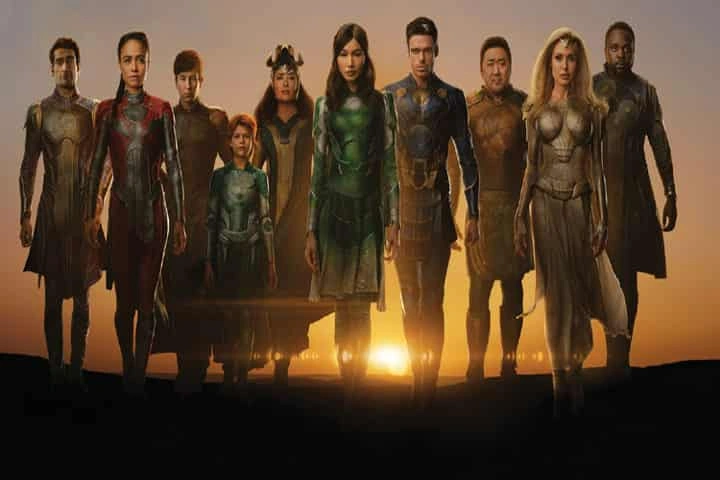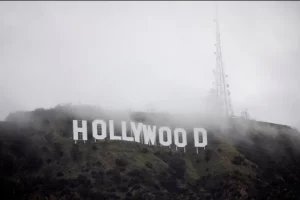Amid a rising trend of curbs on rights in China, the country is intensifying its censorship of Hollywood movies to make them 'conform' to the Chinese Communist Party (CCP) ideals, a media report said.
The practice, which is almost 25-years old, has expanded in recent times even as producers make movies with an eye toward pleasing Beijing yet without isolating the global audience, Voice of America reported citing industry insiders. "Now it's kind of escalated in the sense that they're much more direct in banning films outright rather than just tampering or asking for scenes to be removed," Stanley Rosen, a University of Southern California political science professor who follows China's film industry was quoted as saying.
As per the report, industry observers say censors are also asking that versions of movies for audiences outside China follow Beijing's script.
It is unlikely that censors will allow the 2022 Marvel Studios movie "Doctor Strange in the Multiverse of Madness" to be shown in China, the report said, citing a recent op-ed in the Chinese state-affiliated Global Times which said that the movie contains nods to Falun Gong, a spiritual movement Beijing has banned and labelled as a cult.
"As a country under the rule of law, China regulates the film industry in accordance with the Film Administration regulations," Liu Pengyu, spokesperson of the Chinese embassy in Washington was quoted as saying.
The China Film Administration, an oversight body for the USD 7.4 billion Chinese film industry market, banned Marvel Studios' 2021 superhero films "Eternals" and "Shang-Chi and the Legend of the Ten Rings," which were released last year, the report said.
The 2021 superhero film "Spider-Man: No Way Home" missed Chinese approval because authorities wanted Sony Pictures to remove images of the Statue of Liberty from the film, the report further said.
"As the dragon gets bigger, its leverage gets bigger, and no one's pushed back yet," Chris Fenton, Hollywood executive and a lifetime member of the Council on Foreign Relations think tank was quoted as saying.
According to James Tager, research director at the free-speech advocacy group PEN America, an increase in Sino-U.S. tensions since the administration of former US President Donald Trump may have exacerbated China's treatment of American movies.
Refusal of a Chinese order to cut a scene would risk the studio's future business in China, such as the next Disney or Marvel film or other assets, Tager said.
"You may get a reputation as someone who doesn't play ball, which could have even further knock-on effects, possibly for other films or possibly for other business relationships that large studios have in China," Tager said.
Recently, the Philippines pushed back against Marvel Studio's attempt to woo China in the case of the 2022 American action movie "Uncharted." The Southeast Asian country's cinemas banned the movie at the request of the Philippine Department of Foreign Affairs, the report said.
The department objected to a scene that showed Beijing's nine-dash line claim to the South China Sea, which Manila vigorously disputes. The nine dashes demarcate China's claim to about 90 per cent of the sea.
Manila moved earlier to block the showing of "Abominable," a 2019 animated collaboration between the U.S. and a Chinese production company because the same nine-dash line was shown in the cartoon.
Hollywood is slowly factoring in the "arbitrary" demands from China, Stanley Rosen said. One thing it has learned, he said, is to avoid making Chinese-themed films such as "Shang-Chi" because those can be better done in China, the report said.




















